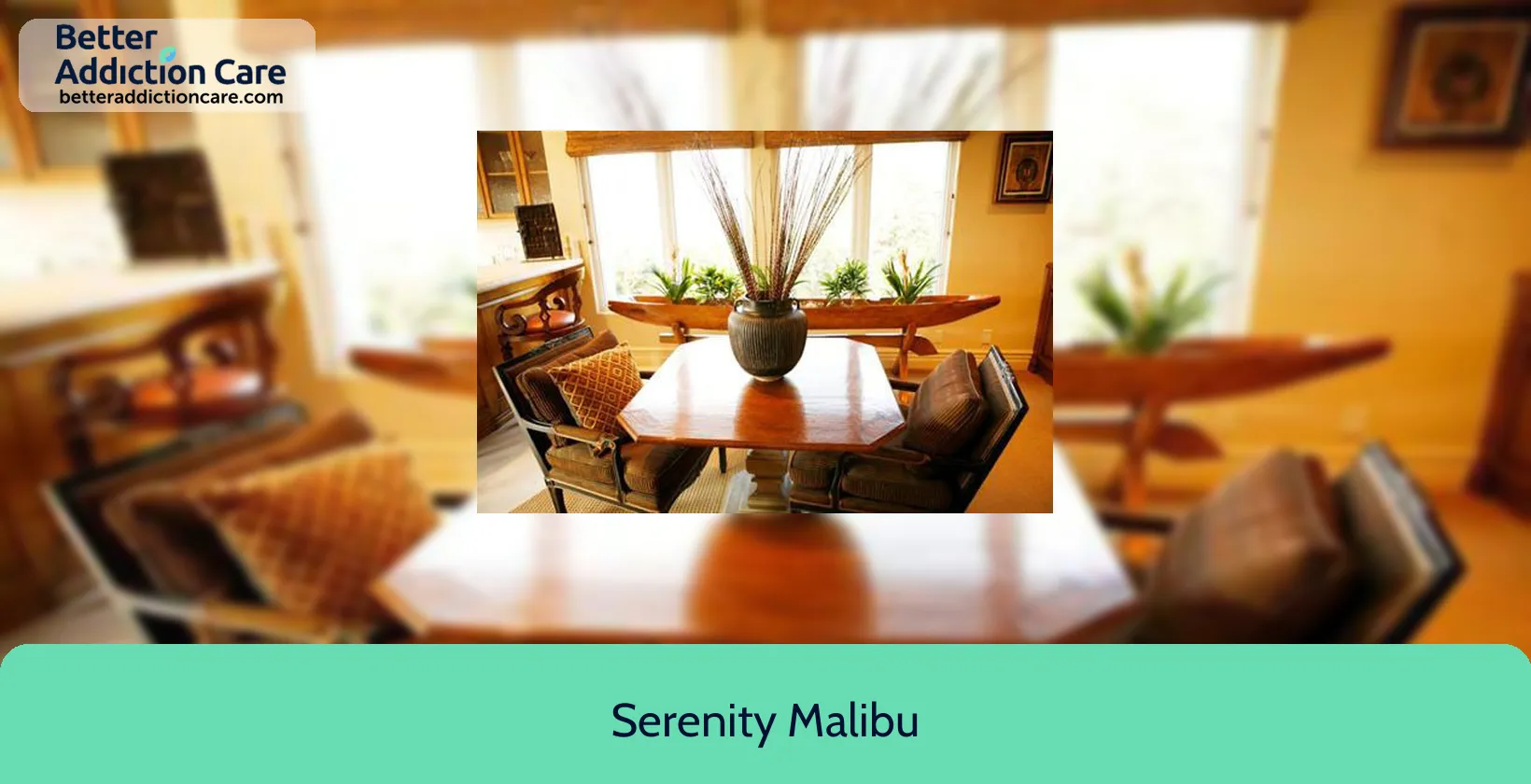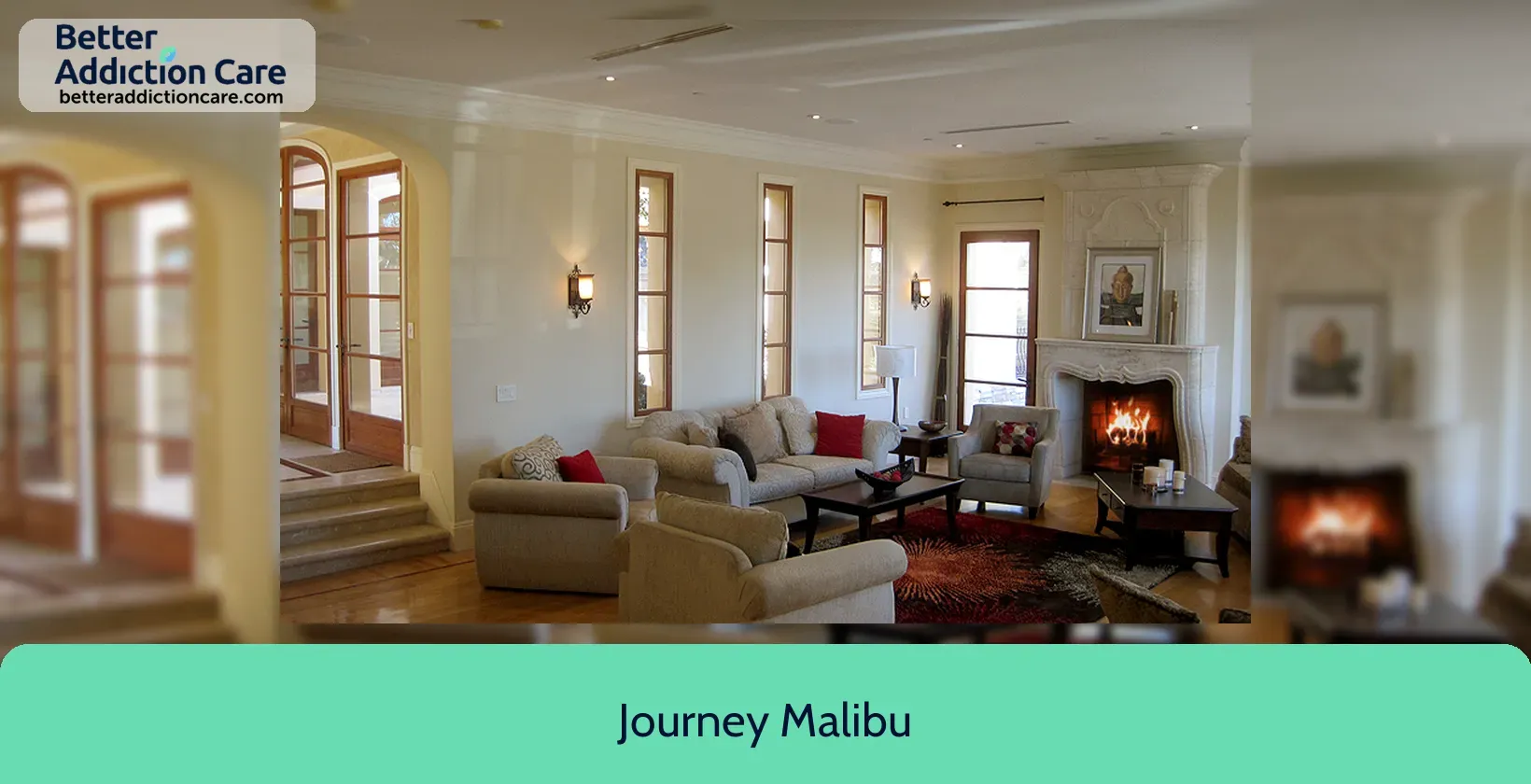The Beach House

Overview
The Pointe Malibu is an exclusive beachside recovery facility in Malibu, California, offering comprehensive substance abuse and mental health treatment services for adults. The center provides a range of programs, including highly personalized detox, inpatient treatment, partial hospitalization (PHP), intensive outpatient programs (IOP), and medication-assisted treatment (MAT). Special programs are also available for LGBTQ+ individuals and professional clients, ensuring tailored care for diverse needs.
Medical detox at The Pointe Malibu serves as the crucial first step in the recovery process. Clients undergo stabilization under the careful supervision of medical professionals, allowing them to begin treatment free of substances. During detox, staff are dedicated to managing withdrawal symptoms safely and effectively, setting the stage for successful inpatient care.
Inpatient treatment is provided in a serene beach house environment, designed to offer a high level of privacy and comfort. The facility's luxury amenities enhance the recovery experience, while individualized treatment plans focus on holistic care. Therapy options include individual and group therapy, family therapy, neurofeedback, nutritional support, and pain management. Advanced therapeutic modalities such as eye movement desensitization and reprocessing (EMDR), dialectical behavioral therapy (DBT), trauma therapy, and gender-specific care are also integrated into the treatment process.
For those seeking intensive treatment without residential care, the partial hospitalization program (PHP) offers a structured environment where clients engage in up to seven hours of therapy each day before returning home in the evening. The intensive outpatient program (IOP) provides further flexibility, with sessions held three to five days per week, allowing clients to maintain their daily responsibilities while receiving ongoing support.
Medication-assisted treatment (MAT) is available for clients who require additional support managing cravings and other symptoms associated with recovery. All MAT protocols are carefully monitored by the center's medical staff to ensure safety and effectiveness.
The Pointe Malibu works with various private insurance providers, including Magellan, Aetna, TRICARE, ComPsych, and Humana, to cover some or all treatment costs. Clients are encouraged to verify their insurance coverage, as benefits may vary depending on whether services are in-network or out-of-network.
The facility holds a state license in California, ensuring that all programs meet rigorous standards for quality and care.
The Beach House at a Glance
Payment Options
- Cash or self-payment
- Private health insurance
- Daily
- Monthly
- Aetna
Assessments
- Comprehensive mental health assessment
- Comprehensive substance use assessment
Age Groups
- Children/adolescents
- Young adults
- Adults
Operation
- State government
Highlights About The Beach House
7.30/10
With an overall rating of 7.30/10, this facility has following balanced range of services. Alcohol Rehabilitation: 8.00/10, Drug Rehab and Detox: 6.00/10, Insurance and Payments: 6.67/10, Treatment Options: 8.55/10.-
Treatment Options 8.55
-
Alcohol Rehabilitation 8.00
-
Insurance and Payments 6.67
-
Drug Rehab and Detox 6.00
Accreditations
State department of health:

Government agencies issue State Licenses, granting rehabilitation organizations permission to operate their businesses lawfully within specific geographic regions. The specific licenses needed for legal operation are typically determined by the type of rehabilitation program offered by the facility and its physical location.
Registration: 190773CP
Treatment At The Beach House
Treatment Conditions
- Mental health treatment
- Alcoholism
- Opioid Addiction
- Substance use treatment
- Co-occurring Disorders
Care Levels
- Partial Hospitalization Program
- Intensive outpatient treatment
- Luxury Treatment
- Detoxification
- Aftercare
Treatment Modalities
- 12-step facilitation
- Individual psychotherapy
- Group counseling
- Family counseling
- Marital/couples counseling
Ancillary Services
Special Programs
- Persons with eating disorders
- Clients who have experienced trauma

Additional Locations
Get Help Now
Common Questions About The Beach House
Contact Information
Other Facilities in Malibu

7.17

7.18

7.18

7.45

6.97

7.15

7.09

7.13
DISCLAIMER: The facility name, logo and brand are the property and registered trademarks of Beachside Teen Treatment Center, and are being used for identification and informational purposes only. Use of these names, logos and brands shall not imply endorsement. BetterAddictionCare.com is not affiliated with or sponsored by Beachside Teen Treatment Center.
